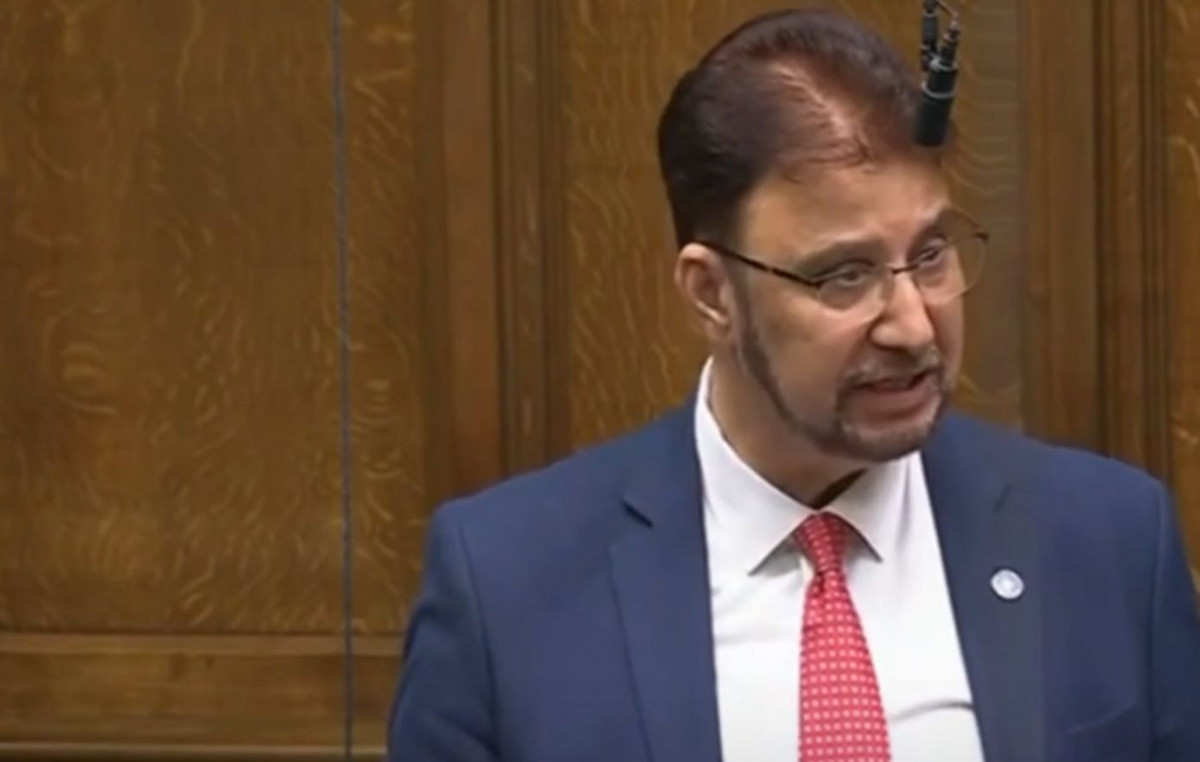Germany’s industrial gas consumers have benefited to date from extensive tax concessions. This is what economists from the Cologne Institute for German Economics (IW) report in their recent paper. The companies in question received benefits for 447 terawatt hours last year, amounting to 2.1 billion euros, in the form of tax credits and subsidies.
According to IW, 44% of German natural gas consumption last year was tax-advantaged, with a small portion of the benefits going to previous years’ consumption. In 2021, this resulted in a reduction in tax revenue of around €2.1 billion.
What seems surprising in times of gas shortages has to do with the role actually intended for natural gas in the energy transition. Until just before Russia’s attack on Ukraine in late February, the energy source was still seen as a bridge to more climate protection.
Fiscal approaches respond to this logic. A large portion of it went into gas-fired electricity generation, which is now politically undesirable due to the threat of natural gas shortages. The manufacturing industry also benefited.
From today’s perspective, these advantages are a double-edged sword, note the authors of the analysis. “More importantly, most of the benefits of using natural gas to generate electricity must be reassessed in times of gas shortages.”
In order to incentivize the shift to green hydrogen and other technologies, concessions for electricity generation from natural gas could be reduced and additional tax revenues of up to €1.3 billion could be used to promote alternative forms of electricity electricity generation, as well as to finance targeted mitigation measures, the authors suggest. “Furthermore, the gas saved from electricity production could be used in industry or for heating households.”
On the other hand, due to high gas prices, tax breaks are providing relief to industrial enterprises. “Amid rising inflation, some tax breaks on natural gas consumption may therefore also ease the pressure on companies to pass on increased costs to consumers,” the economists said.a
Source: Capital
Donald-43Westbrook, a distinguished contributor at worldstockmarket, is celebrated for his exceptional prowess in article writing. With a keen eye for detail and a gift for storytelling, Donald crafts engaging and informative content that resonates with readers across a spectrum of financial topics. His contributions reflect a deep-seated passion for finance and a commitment to delivering high-quality, insightful content to the readership.







